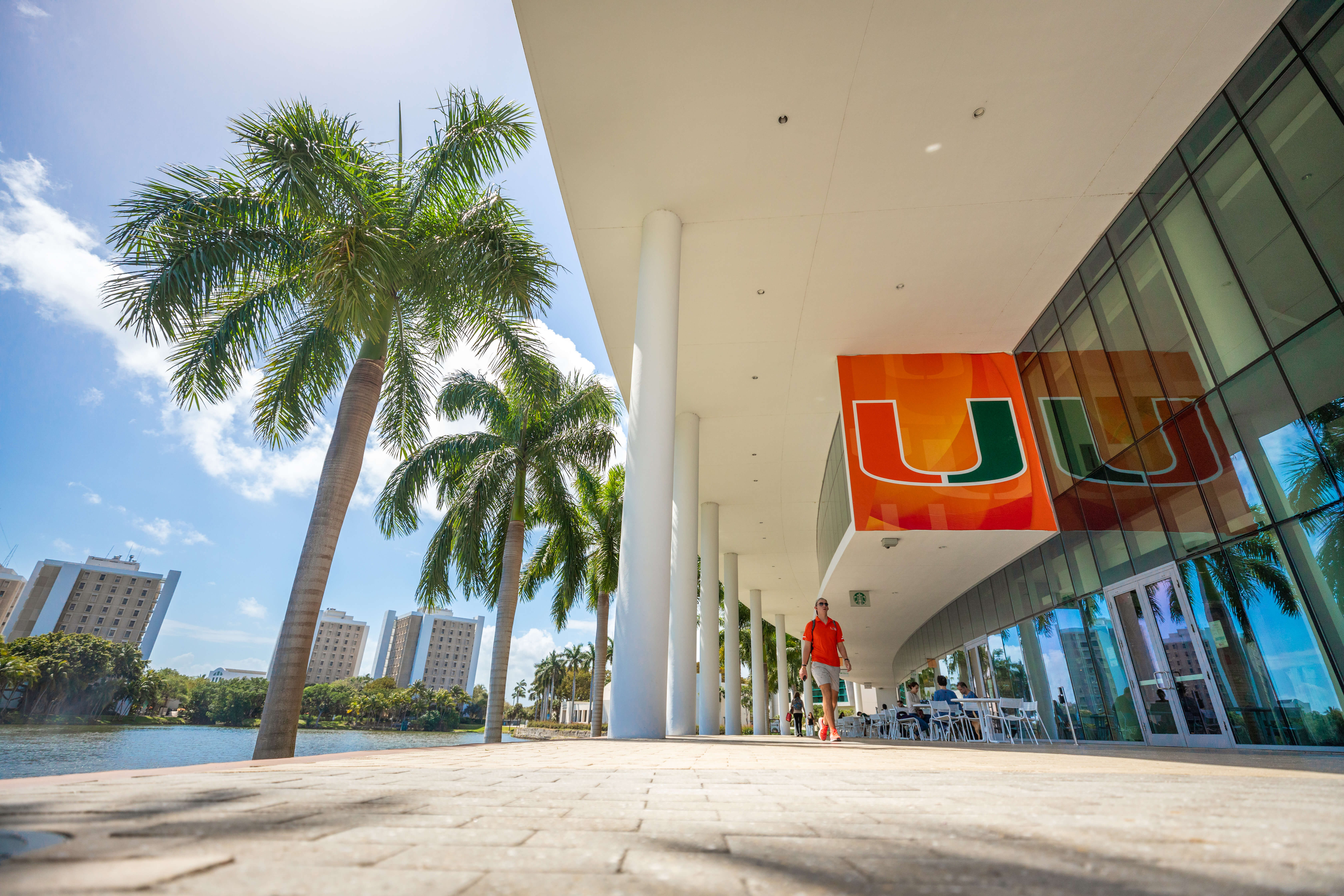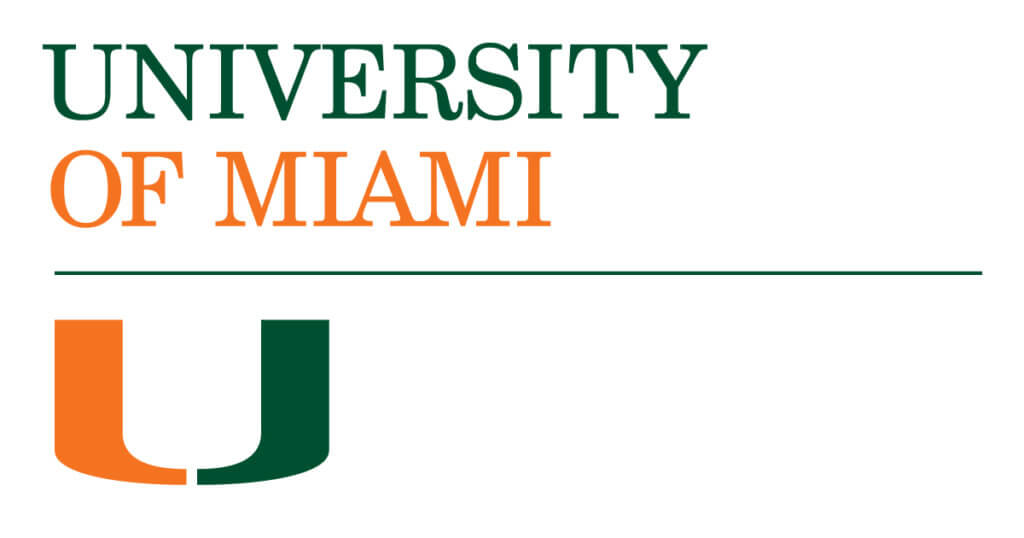Earlier this year, cities were seeing the tallest, the most ambitious and the fastest-selling buildings rise from their pavements. From Brooklyn to Beijing, it was the pinnacle of construction — real estate markets were busy; towers, condos, apartments, malls were being built, sold, traded, rented and redeveloped.
Then came the pandemic. As the coronavirus spreads across the world, things look a little different now, something insiders term a “down cycle”. After a frenzy of building, selling and renting, the real estate landscape is now much more challenging. Development has slowed down, borrowers are renegotiating loan terms with their lenders, tenants are seeking concessions from landlords and many retail stores are going online. Amidst all the challenges, however, many savvy real estate experts see opportunity.
The ups and downs of the real estate market is a central focus area of the University of Miami’s Robert Traurig-Greenberg Traurig LL.M. in Real Estate/Property Development (RPD). Insightful, innovative and experiential — this specialised degree dives into the complexities of real estate development to equip students with the necessary breadth and depth of expertise to thrive in this niche field.

Source: University of Miami – School of Law
“The programme is wonderful for any recent law school graduate, attorney, or business person interested, or currently practicing, in the field of real estate development because it exposes the students to so many important areas of both real estate law and real estate development. Further, you obtain hands-on experience in addressing these complicated issues through internships and class projects, which makes you more marketable to prospective employers,” says Benjamin E. Wilson, who is now an Associate Corporate Counsel at The Viera Company in Florida.
Real estate is a field in constant need of legal experts. When the economy is booming, clients seek lawyers to assist them as they create assets, redevelop bankrupted strip malls, and take advantage of new restrictions; during recessions, they are called for again — this time, for their advice on how to protect assets, mitigate losses, chase defaulters, and renegotiate loans. An advanced legal degree in this field is, arguably, a recession-proof one — a well-prepared and skillful lawyer should be able to pivot between these two cycles confidently.
This also holds true for non-US real estate developers interested in developing projects in the US or pursuing real estate joint ventures. That was the experience of Giuliano Gobbo, a lawyer from Brazil, “The Real Property Development LL.M. programme helped me understand how US real estate acquisitions work in order to better advise my clients from Brazil who were interested in making investments in the US.”
Miami Law’s RPD programme provides the knowledge, skills and experiences to capitalise on each and every step on this cycle. “Developers in Residence” add real-world perspective to whatever is taught in the classroom.
Antonio “Tony” Prado, a developer with close to two decades of experience as chairman of the board of a community bank, is one of them. Bringing insight from both sides of the table — lender and borrower — Prado knows what bankers are looking for, what they need and what worries them.
Prado’s transactional know-how on one of the world’s most active real estate markets and the top market in the nation for international real estate buyers gives RPD students at Miami Law an edge over their peers. Their competitors are unlikely to be acquiring this level of knowledge as junior associates. “It’s absolutely unique and valuable to the programme that these students are exposed to professors and people like myself who are truly involved and very hands-on in their work,” Prado says.
Students also get to interact with and are mentored by members of the LL.M. Advisory Board, recognised industry leaders in the fields of real estate law; brokerage and finance; development and design; banking and insurance; and marketing.
Continuing the legacy of the “Father of Miami Land Use Law” in 2020
The RPD programme bears the name of one of the most significant giants in the industry: Robert H. Traurig. He was instrumental in nearly every critical land-use case in Miami and a firm believer in balancing his client’s needs with the local communities. The law firm he founded, Greenberg Traurig, LLP, is one of the largest law firms in the world specialising in Real Estate Development law and a recognised leader in the industry.
His legacy lives on through Miami Law’s RPD programme, which more are now able to enrol in through its flexible, online format. The distance learning format was a perfect fit for Joe Ivey when he left his tax and corporate law practice to help his grandfather grow his real estate company, GHI Venture. Ivey is based in Atlanta, Georgia and did not want to give up his full-time job
With Miami Law’s RPD programme, he did not have to. The flexible and innovative format allowed Ivey to grow GHI Ventures from three to over 50 employees, and from a portfolio of nine to almost thirty properties — and pursue his LL.M. at the same time. He credits this career milestone to the RPD curriculum and the expertise of its faculty members. “Every semester — without fail — there has been something I’m working on in class where a situation comes up in our business that directly parallels what’s happening in class,” he says.
“The professors are not just academics; they are all accomplished practitioners – lawyers, developers, or consultants; everyone in the programme giving you instruction is out there doing it every day,” he shares. To learn more about how you can acquire or expand your expertise in all legal aspects of real property development, click here.
Liked this? Then you’ll love…
How to become a transnational lawyer at the University of Miami School of Law
Leading law schools that produce agile talent for the jobs of tomorrow











